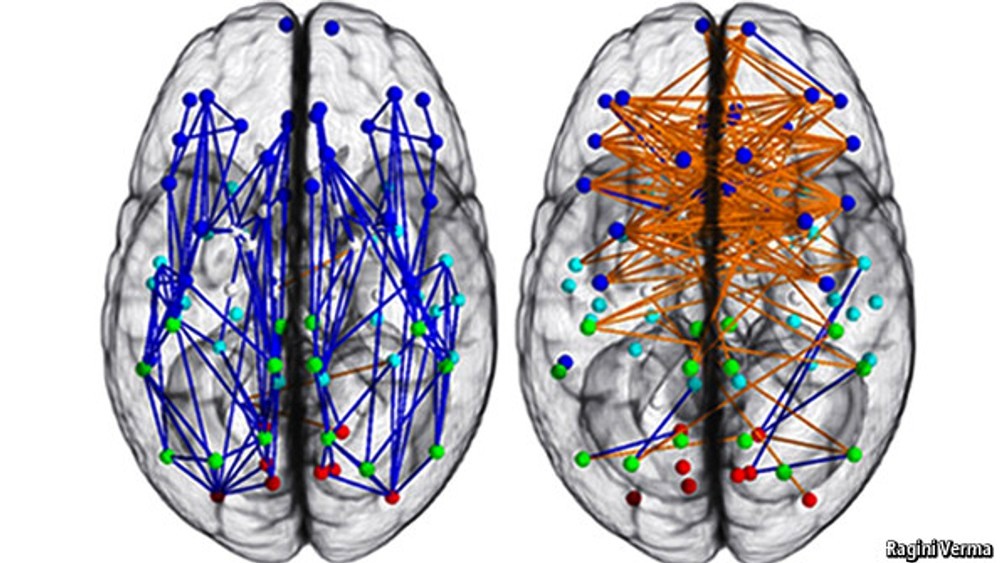With almost one person out of every 300 suffering from epilepsy, the patients of this neurological disorder are pained over the comic portrayal of the disease in cinema the world over, reports Syed Shadab Ali Gillani

Baseerat, 25, has dealt with difficult symptoms since childhood. Suffering from epilepsy, a neurological disorder, that disrupts her sleep and requires her to maintain a careful diet. Since 2013, doctors have instructed Baseerat not to fast during Ramzan, the Muslim month of fasting.
“I have weaker immunity and must take extra precautions, even in food,” she said. Baseerat faces unique challenges with this misunderstood neurological disorder.
Epilepsy is a chronic non-communicable brain illness that affects about fifty million individuals globally. It is characterised by recurrent seizures, which are brief periods of uncontrolled movement involving a portion of the body (partial) or the full body (generalised), ranging from mild to severe. Seizures can significantly impact the daily lives and routines of those affected.
Stereotyping
There is a social taboo attached to epilepsy that often leads to depression among patients.
Baseerat, recently, came across some YouTube videos mockingly using Mirgi (Urdu) as humour. “What seems funny to them is life-or-death for me,” she regrated.
For years, Baseerat has taken high-dose medicines and sleeping pills to control her condition. She feels angry and offended by the videos, noting epilepsy is a serious disease, not a joke.
Epilepsy is an invisible, unfelt condition that cannot be cured but is managed through medications. It is marked by sudden recurrent episodes of sensory disturbance, loss of consciousness, or convulsions, associated with abnormal electrical brain activity.
Epilepsy and Cinema
In mainstream Indian media, the word Mirgi has been flippantly presented as a joke, forgetting the seriousness of the condition. Over the years, Bollywood films have created dialogues that joke about the disease itself. In comedic movies, if a character does something funny, the word Mirgi is often used. The meaning of the word has been changed and used so casually that for audiences, making Mirgi, a synonym for a joke.
Another stereotype is how in some movies from around the world, epileptic seizures are linked with demonic possession or other supernatural forces. A survey of 62 international films by a neurology institute found the condition is still commonly associated with possession, genius, madness, and delinquency.
Problematic portrayals propagate misconceptions about epilepsy, Baseerat explains. While in Bollywood Mirgi is a joke, global dramas stigmatise it as a possession. “For audiences, these distorted references become reality,” she said, “more thoughtful representations are needed to build empathy”.
= In Kashmir also, it’s often wrongly linked to spiritual possession. Baseerat recalls when a seizure occurred to her in front of her cousin, she was termed possessed. Another time, people mocked a boy who had a seizure on the road.
Baseerat believes this insensitivity stems from two main reasons: depictions in movies, and lack of awareness. “These reactions stem from ignorance, not malice”, Baseerat believes. “Seizures can be terrifying for the uninformed. But epileptics deserve support, not stigma.”
When Abrar’s seizures began, his family didn’t realise the gravity. Some blamed internet addiction. But after a severe attack in 2017, the twelfth grader saw a neurologist and got medication, to decrease the seizures. “It’s like a split-second blackout,” he explains. “I faint and forget reality.”
Abrar recalls falling during a seizure while fetching a parcel. Some people helped him up and ensured he got home safely with medicine. “They were very helpful,” he said. Though stigma silenced him at first, Abrar now speaks out. “Most people don’t know what epilepsy is when I share my condition.” He also criticises problematic cinema depictions. “Filmmakers must understand that criminals don’t have seizures when they are caught.”
Abrar hopes to combat misinformation with facts. “People lack knowledge and laugh it off,” he says. “But epilepsy deserves seriousness.” He encourages compassion over stereotypes. “Stigma silences and isolates sufferers. Open discussions are critical to combat myths with facts.”
Baseerat and Abrar emphasise: Epilepsy is real, serious and common – nearly 1 in 300 locally have it. It’s a treatable neurological condition, not a Hollywood plot device or punchline. Like any disease, compassion and understanding are owed to those affected.
Conversion Disorder
Epilepsy also has a psychological counterpart – Conversion Disorder – explained counsellor Asma Nasir. It mirrors epilepsy in symptoms but lacks neurological evidence. “With no clear neurological cause, psychiatrists and psychologists step in,” she said.
Conversion disorder involves non-epileptic seizures often triggered by stress. Unfortunately, faith healers are sometimes sought, when it’s a psychological issue requiring counselling support. Asma has seen cases referred from faith healers for proper psychological care. Conversion disorder is common, especially among young women, notes Asma.
Baseerat’s concerns reveal the far-reaching impact of myths and misconceptions surrounding epilepsy and similar conditions. Marriage prospects, social lives, and careers – all can suffer due to ignorance. For her, “stereotyping hinders normalcy”, fuelling despair. “Will marriage ever come easily with this stigma?” she wonders. “These questions persist no matter my activity or location.”
(The names of the two patients quoted in this news report have been changed to protect their identity.)















